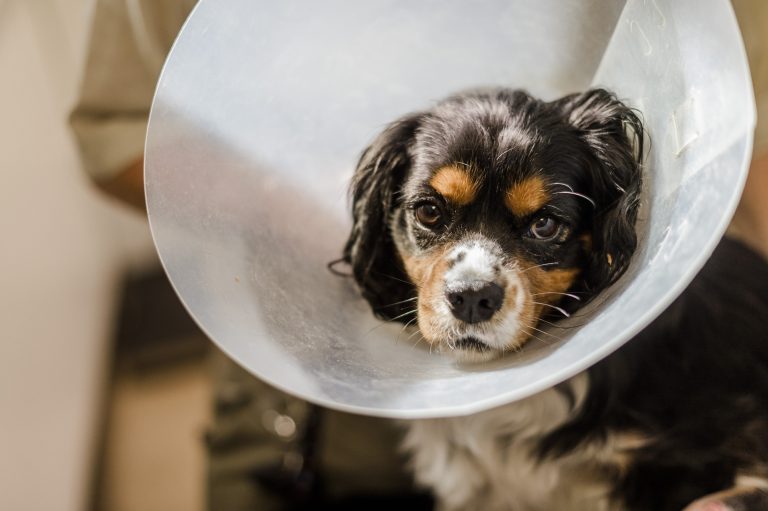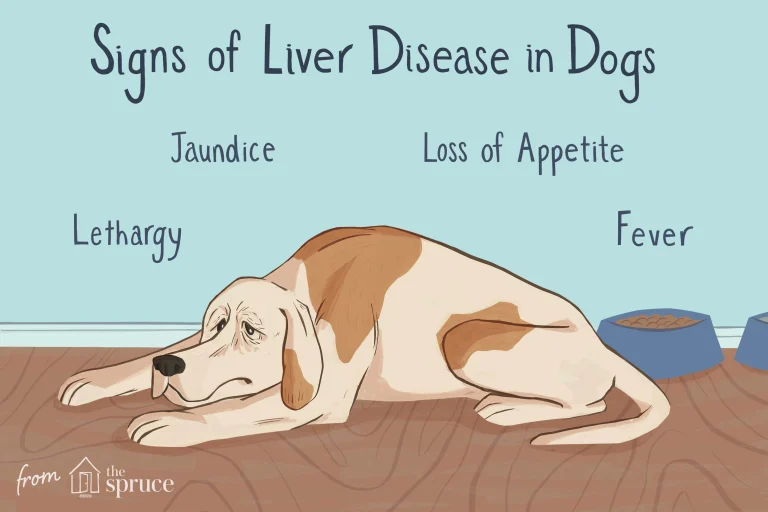How to Care for Your Maltese Dog?
The Maltese dog, often simply referred to as the Maltese, is a small toy breed known for its elegant appearance, long silky white coat, and friendly disposition. Here are some key characteristics and information about Maltese dogs:
- Size: Maltese dogs are a small breed, typically weighing between 4 to 7 pounds (1.8 to 3.2 kilograms) and standing about 7 to 12 inches (18 to 30 centimeters) tall at the shoulder.
- Coat: They have a distinctive, flowing, and straight coat that is pure white in color. The coat can be quite long, and it requires regular grooming to prevent matting and tangling.
- Temperament: Maltese dogs are known for their friendly, affectionate, and sociable nature. They often form strong bonds with their owners and enjoy being a part of family activities. They are generally good with children and other pets, although early socialization is important.
- Intelligence: Maltese dogs are considered intelligent and can be trained with positive reinforcement methods. They excel in obedience training and can learn tricks and commands.
- Activity Level: Despite their small size, Maltese dogs are active and enjoy playtime and short walks. They do well in both apartments and houses with yards, but they do need regular exercise and mental stimulation.
- Health: Maltese dogs are generally healthy, but like all breeds, they can be prone to certain health issues. These may include dental problems, respiratory issues due to their small size, and certain genetic conditions. Regular veterinary check-ups are important for their well-being.
- Longevity: Maltese dogs have a relatively long lifespan, often living for 12 to 15 years or more with proper care.
- History: The Maltese breed has a long history, dating back to ancient times. They were favored by royalty and nobility in various cultures and were often depicted in art and literature.
- Companionship: Maltese dogs are primarily kept as companion animals. They thrive on human interaction and are known for their loyal and devoted nature.
Due to their small size and luxurious coat, Maltese dogs require dedicated grooming and care. Regular brushing, cleaning of tear stains (which can be common in this breed), and professional grooming appointments are necessary to keep them looking their best. Additionally, their gentle temperament and portability make them popular choices as lapdogs and travel companions.
Maltese dogs, like all breeds, can be susceptible to various health issues as they age. While many Maltese dogs live long and healthy lives, there are some common health concerns and conditions that they can be prone to. Let’s explore what do Maltese usually die from. These can include:
- Dental Issues: Maltese dogs often have dental problems, including tooth decay and gum disease. Regular dental care, such as brushing their teeth and providing dental chews, can help mitigate these issues.
- Respiratory Problems: Due to their small size and brachycephalic (short-nosed) features, Maltese dogs may be prone to respiratory problems. These issues can include snoring, wheezing, and difficulty breathing, especially in hot or humid weather.
- Eye Problems: Maltese dogs can be prone to eye conditions such as cataracts and progressive retinal atrophy (PRA). They may also develop tear staining, which can be managed with regular cleaning.
- Hypoglycemia: Small breeds like the Maltese are at risk of low blood sugar (hypoglycemia), which can lead to weakness, seizures, or even coma if not managed properly. Feeding them small, frequent meals can help prevent this condition.
- Liver Shunt: Some Maltese dogs may be born with a liver shunt, a condition in which blood flow bypasses the liver. This can lead to toxic buildup in the bloodstream and requires surgical correction.
- Patellar Luxation: This is a condition where the kneecap (patella) can slip out of place. It can cause lameness and discomfort and may require surgical intervention.
- Heart Disease: Like many small dog breeds, Maltese dogs can develop heart conditions, including mitral valve disease. Regular veterinary check-ups can help detect and manage these issues.
- Cancer: Cancer is a concern for dogs of all breeds, including Maltese. Regular check-ups and early detection are crucial in managing and treating cancer.
It’s important to note that while these health issues are more common in Maltese dogs, not all Maltese dogs will experience them. Proper care, including regular veterinary visits, a healthy diet, exercise, and good grooming practices, can go a long way in promoting the overall health and longevity of your Maltese companion. If you have a Maltese dog, it’s essential to work closely with a veterinarian who is knowledgeable about the breed’s specific health concerns.






